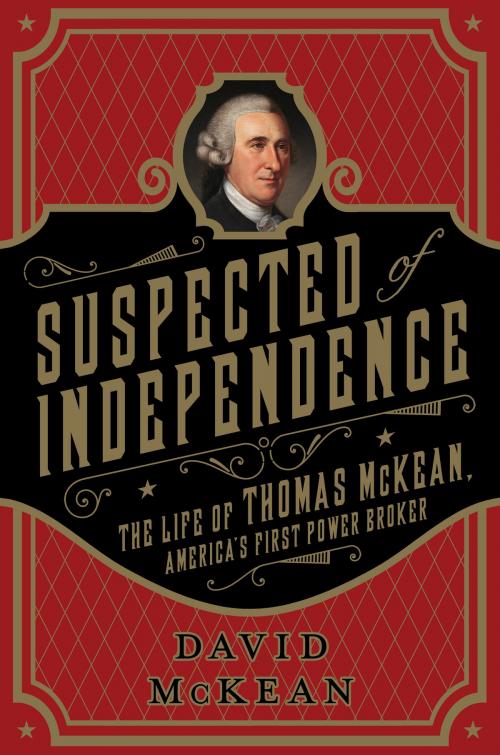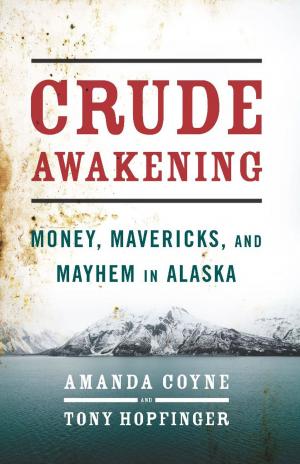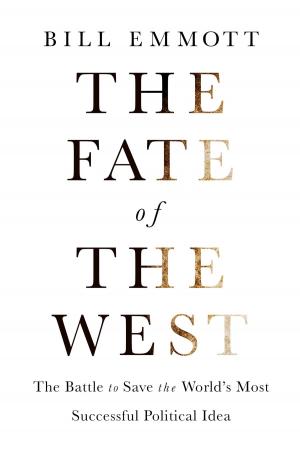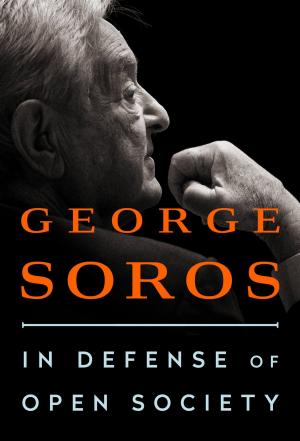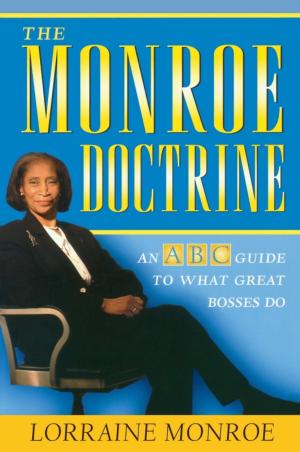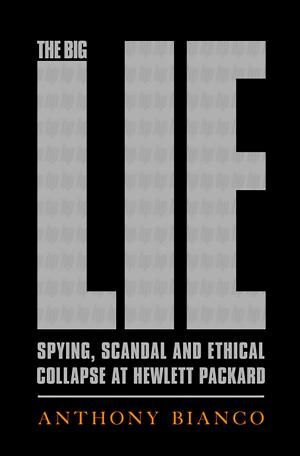Suspected of Independence
The Life of Thomas McKean, America's First Power Broker
Nonfiction, History, Americas, United States, Revolutionary Period (1775-1800), Biography & Memoir, Historical| Author: | David McKean | ISBN: | 9781610392228 |
| Publisher: | PublicAffairs | Publication: | May 10, 2016 |
| Imprint: | PublicAffairs | Language: | English |
| Author: | David McKean |
| ISBN: | 9781610392228 |
| Publisher: | PublicAffairs |
| Publication: | May 10, 2016 |
| Imprint: | PublicAffairs |
| Language: | English |
The Founding Fathers, mythologized for their fervor for and dedication to democratic principles, were as heavily mired in partisanship, plagued by petty infighting, and driven by personal gain as, arguably, the most notorious members of today's Congress. In fact, David McKean reveals in this brilliant panoramic history that today's muddled political system is heavily indebted to a tradition begun from the outset, and perhaps to no one more so than Thomas McKean.
Thomas McKean was America's first political operator-a man who installed himself at the center of every major political event of his time. In an extraordinary career that spanned almost half a century, McKean represented Pennsylvania and Delaware to the Stamp Act Congress and both Continental Congresses, and was instrumental in the creation of both the Articles of Confederation and the Constitution. He was one of the first to lobby for independence from British rule, the last to sign the Declaration of Independence, and was briefly the second President of Congress while George Washington was away. For twenty-two years, he served as chief justice of the Pennsylvania Supreme Court, during which time his rulings would set the precedent for what was to become the American legal system. He was elected Governor of Pennsylvania three times, during which time he fostered a tradition of partisanship in his government. Although lesser known than his friends at different times-John Adams, George Washington, and Thomas Jefferson-McKean was among the most prominent of the Founding Fathers, and the only one to serve in all three branches of government.
But McKean was also a difficult, arrogant man whose political beliefs seemed to his adversaries to be expediently flexible. In the 1770s, when the bulk of McKean's constituency in Pennsylvania consisted of radical farmers and artisans who favored political participation regardless of property ownership and independence-and so McKean did too. It was on this platform he quickly rose to become a populist leader with mass appeal. As political parties began to emerge in the decades following independence, Thomas McKean, like many others, grew increasingly partisan, and fervently believed that political loyalty should play as important a role as competence in both the selection and removal of public servants.
John Adams wrote that the early Founding Father, his colleague in the Continental Congress, was the one of the few to see more clearly to the end of the business than any others in the whole body.” by a quintessential DC insider, and inheritor to Thomas McKean's aptitude for nimble politicking, The Revolutionary Life of Thomas McKean offers a complex historical biography of a man who had an invaluable impact on the nature of governance in this country for centuries.
The Founding Fathers, mythologized for their fervor for and dedication to democratic principles, were as heavily mired in partisanship, plagued by petty infighting, and driven by personal gain as, arguably, the most notorious members of today's Congress. In fact, David McKean reveals in this brilliant panoramic history that today's muddled political system is heavily indebted to a tradition begun from the outset, and perhaps to no one more so than Thomas McKean.
Thomas McKean was America's first political operator-a man who installed himself at the center of every major political event of his time. In an extraordinary career that spanned almost half a century, McKean represented Pennsylvania and Delaware to the Stamp Act Congress and both Continental Congresses, and was instrumental in the creation of both the Articles of Confederation and the Constitution. He was one of the first to lobby for independence from British rule, the last to sign the Declaration of Independence, and was briefly the second President of Congress while George Washington was away. For twenty-two years, he served as chief justice of the Pennsylvania Supreme Court, during which time his rulings would set the precedent for what was to become the American legal system. He was elected Governor of Pennsylvania three times, during which time he fostered a tradition of partisanship in his government. Although lesser known than his friends at different times-John Adams, George Washington, and Thomas Jefferson-McKean was among the most prominent of the Founding Fathers, and the only one to serve in all three branches of government.
But McKean was also a difficult, arrogant man whose political beliefs seemed to his adversaries to be expediently flexible. In the 1770s, when the bulk of McKean's constituency in Pennsylvania consisted of radical farmers and artisans who favored political participation regardless of property ownership and independence-and so McKean did too. It was on this platform he quickly rose to become a populist leader with mass appeal. As political parties began to emerge in the decades following independence, Thomas McKean, like many others, grew increasingly partisan, and fervently believed that political loyalty should play as important a role as competence in both the selection and removal of public servants.
John Adams wrote that the early Founding Father, his colleague in the Continental Congress, was the one of the few to see more clearly to the end of the business than any others in the whole body.” by a quintessential DC insider, and inheritor to Thomas McKean's aptitude for nimble politicking, The Revolutionary Life of Thomas McKean offers a complex historical biography of a man who had an invaluable impact on the nature of governance in this country for centuries.
